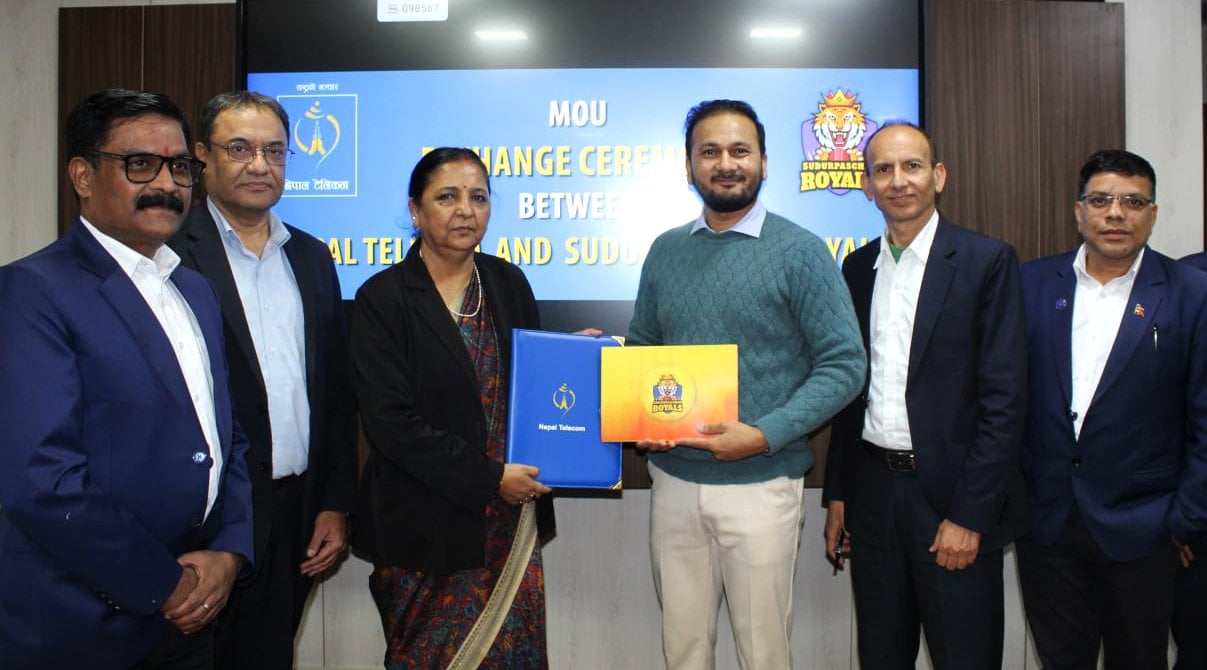Oli’s China visit leadership capability test

By Deepak Joshi Pokhrel.
Prime Minister K.P. Sharma Oli will visit China from December 2 to 6 at the invitation of Chinese Premier Li Qiang. The visit will focus on strengthening the bilateral relations between the two countries and expanding the areas of cooperation in the field of mutual interest. The trip is also expected to offer the space to review and expedite the Build Road Initiative (BRI) implementation plan and execute some new projects under the BRI framework immediately. During the visit, the PM will be very likely to talk about the conversion of the loan taken for Pokhara International Airport to grant and expedite the implementation of past accords and agreements between the two countries.
Nepal and China have a long history of bilateral relations that dates back to the 5th century. However, in 1955, Nepal and China established diplomatic relations based on five principles of coexistence. Both countries have remained trusted and friendly nations irrespective of the changes in the international landscape over the decades. They have set the example of how countries, regardless of their economic and military strength, can become trusted friends. The pedal for this trusted and friendly relationship is that both adhere to the five principles of coexistence, mutual respect, and treatment. The upcoming visit of PM Oli is expected to further bolster the existing bilateral relationship and expand the areas of cooperation in the fields of mutual interests.
PM Oli has been viewed as a close ally of China in the recent past. He has been time and again reaffirming that the government under his leadership will not allow any anti-China activities to operate within Nepal’s territory. His one-China policy stance has further deepened his relationship with Beijing. But his upcoming visit will be a litmus test for him to prove that he is a pro-China leader and subsequently remain in its good book.
Along with bolstering his relationship with Beijing, the key objective of the visit is to expedite and implement the past accords and agreements. On May 12, 2017, China and Nepal entered a new era of friendship with the signing of the Memorandum of Understanding on Cooperation under the Belt Road Initiative. This was expected to open new avenues of bilateral cooperation in the mutually agreed areas.
Contrary to expectation, the cooperation under the BRI has not progressed for several reasons. To begin with, there is growing apprehension among the people that overborrowing from China will put Nepal in a debt trap. Some media even argued that Nepal will face economic crises like Sri Lanka if it accepts loans from its northern neighbor. This is a false narrative created to drive a wedge between Nepal and China because the economic crisis in Sri Lanka was the result of mismanagement of the economy. On the other hand, pressure from India, which perceives China’s influence in Nepal via the BRI project, has also promoted Nepali politicians to go slow on finalizing and implementing the BRI projects.
Another item on his agenda in Beijing is the loan taken for the construction of Pokhara International Airport. Nepal borrowed $216 million from China’s Exim Bank for the project. After the airport had failed to generate sufficient revenue due to failure to conduct international flights, Nepal had previously requested the Chinese side to waive the loan. With the repayment of the loan scheduled to start in 2016, PM Oli will not leave any stone unturned to get China to convert the loan into grants.
At present, Oli is leading a coalition government backed by the Nepali Congress, the largest party in the parliament. The Nepali Congress’ position on BRI and other forms of assistance is very clear—grants are acceptable but loans are not. To say it is not too keen on the BRI project as it believes that it involves high-interest Chinese loans. This is where Oli leadership will be tested.
Oli, on the one hand, has to make the upcoming visit a huge success, mainly from the perspective of BRI. On the other hand, he has to avoid pushing too aggressively with China, as it could prove fatal from a political point of view. Deeper engagement with China would bring valuable infrastructure projects. But the Nepali Congress, a key partner in the Oli-led government, would not like to entertain Chinese-funded projects. How Oli strikes a balance with Beijing and, at the same time, with the coalition partner at home is an issue of concern.
Our immediate southern neighbor, too, will be observing Oli’s visit to China very closely. Oli’s relationship with New Delhi turned sour, especially post-constitution promulgation. New Delhi asked Nepal to make seven amendments to the 2015 Constitution of Nepal. But Oli outright rejected India’s proposal. The move of Oli irked India, which, as a sign of dissatisfaction, imposed an economic embargo while Nepal was struggling to respond to the devastating earthquake that wreaked havoc in the country.
We are entering a new era of prosperity after the political transformation. Given our present economic condition, we alone cannot undertake megaprojects. We need the support and cooperation of our immediate neighbors. The upcoming visit of Oli could be an ample opportunity to convince our northern neighbor to support us in making Nepal a prosperous state—both economically and politically.
Source : https://www.peoplesreview.com.np/2024/11/20/olis-china-visit-leadership-capability-test/






